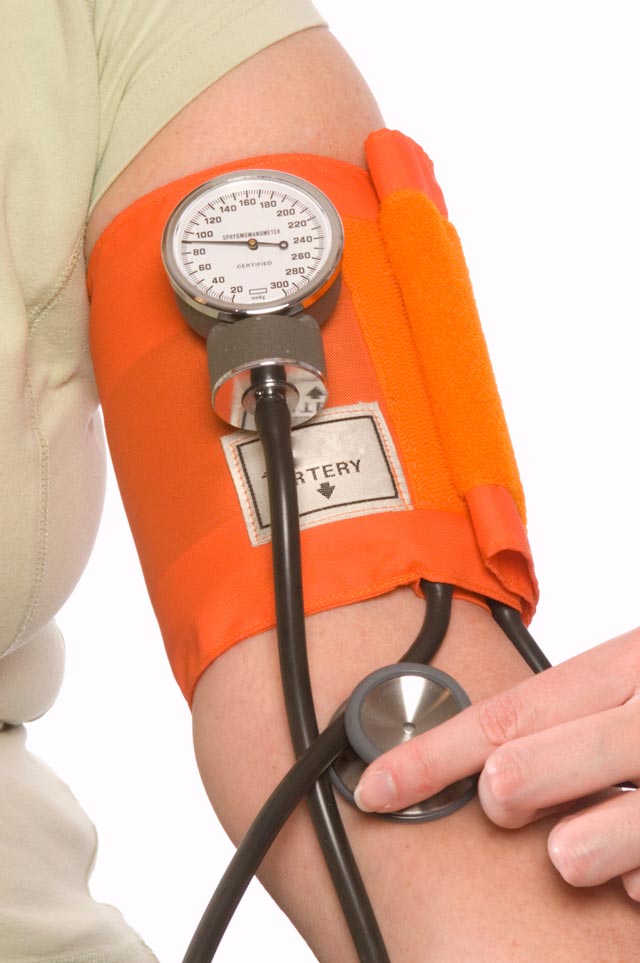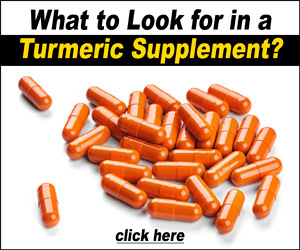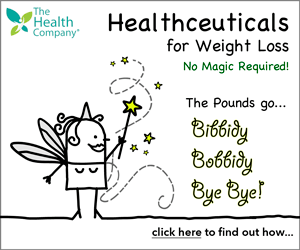Help Control Hypertension Naturally
 Decades of research have indicated that one major cause of hypertension is poor diet, including not eating enough vegetables and fruit.34 Randomized observational studies have documented reduced blood pressure in those subjects who followed diets high in vegetables and fruits—which are full of quercetin.30 The effect was noted after 2 weeks (with greater decreases in those with hypertension) and was reversible after changes in diet.35
Decades of research have indicated that one major cause of hypertension is poor diet, including not eating enough vegetables and fruit.34 Randomized observational studies have documented reduced blood pressure in those subjects who followed diets high in vegetables and fruits—which are full of quercetin.30 The effect was noted after 2 weeks (with greater decreases in those with hypertension) and was reversible after changes in diet.35
What is Hypertension?
Hypertension is the medical term for high blood pressure, but what exactly is blood pressure? Simply put, it is the pressure the blood puts on the walls of the blood vessels that your heart pumps the blood into.36 These blood vessels are called arteries, whereas veins are the blood vessels that carry the blood back to your heart, and capillaries (the smallest, thinnest vessels) connect the two to form the four-part circulatory system.37 Systolic pressure, the top number in a blood pressure reading, is the measurement of pressure during a heartbeat, while diastolic pressure (the bottom number) is the measurement of pressure in between heart beats.36
According to the U.S. Dept. of Health and Human Services, a normal blood pressure reading is 120/80.(36) Maintaining normal blood pressure is vital to cardiovascular health. In fact, data from over one million patients, death from heart attacks and strokes directly increases as blood pressure increases, with risk doubling for every 20 point increase in systolic pressure and 10 point increase in diastolic pressure.34
Evidence of Quercetin’s Effect on Hypertension
Following up on observational studies, in vivo animal studies were conducted and suggested that quercetin induced sustainable lower blood pressures in hypertensive rats, including obese rats with high-fat, high-sucrose diets.35
One clinical trial conducted in 2005 at the University of Utah with 41 pre-hypertensive or stage 1 hypertensive subjects suggest that quercetin supplementation may help control high blood pressure. Pre-hypertension was defined as having a blood pressure of 120–139/80–89, while those with 140–159/90–99 were categorized with stage 1 hypertension (as per clinically accepted guidelines at the time). Potential study candidates were carefully screened for chronic disease or other possible interfering factors (i.e., blood pressure medication or other supplementation), and only non-smokers who were not pregnant or nursing were allowed to complete the study. Participants were randomly divided into two groups, and for four weeks, took 365 mg of quercetin twice a day (based on in vivo animal studies) or a placebo. Results demonstrated that quercetin supplements reduced both systolic and diastolic pressures by five to seven points for those suffering from hypertension, regardless of age, gender, or weight, with no changes in those with borderline normal blood pressures. Given the statistical data, these reductions are considered significant and are associated with decreased risks of mortality from stroke and heart disease.32
on Prevention, Detection, Evaluation, and Treatment of High Blood Pressure.


